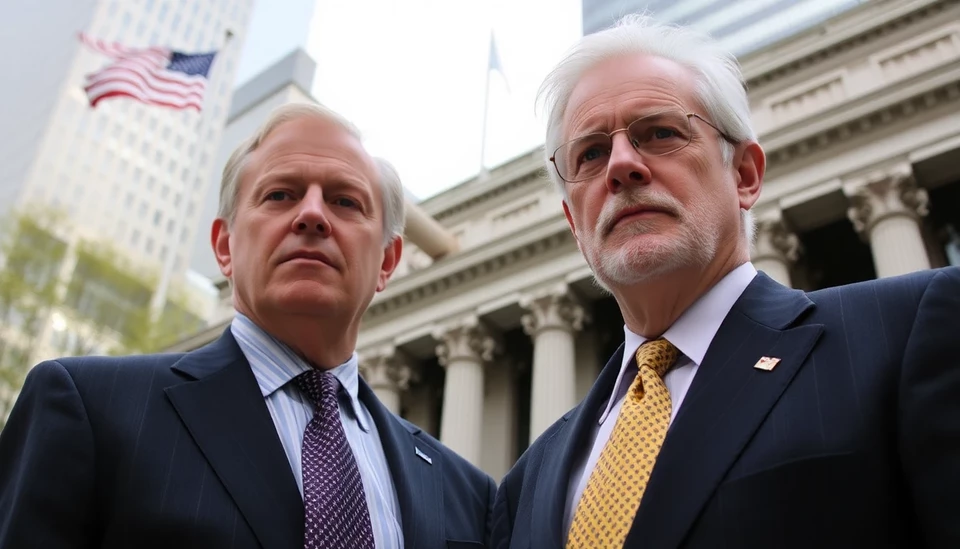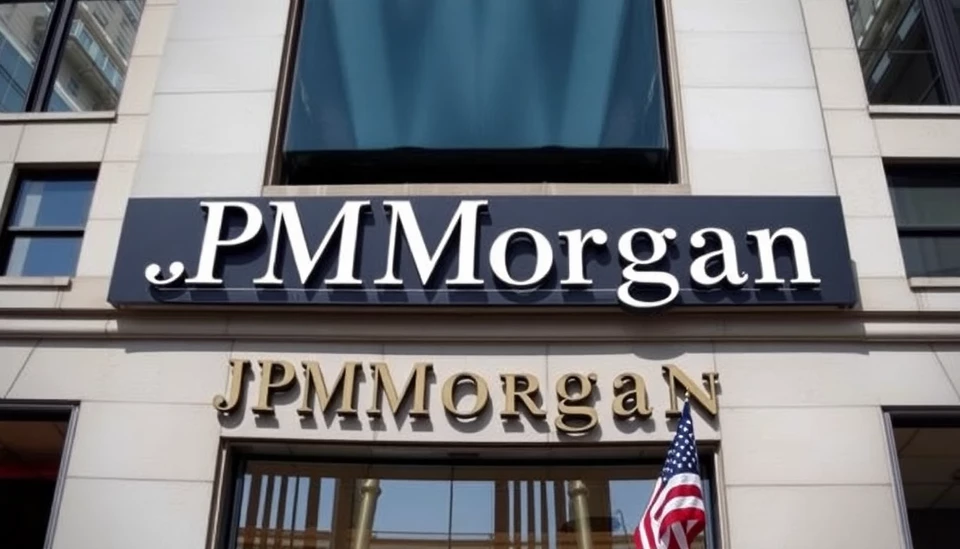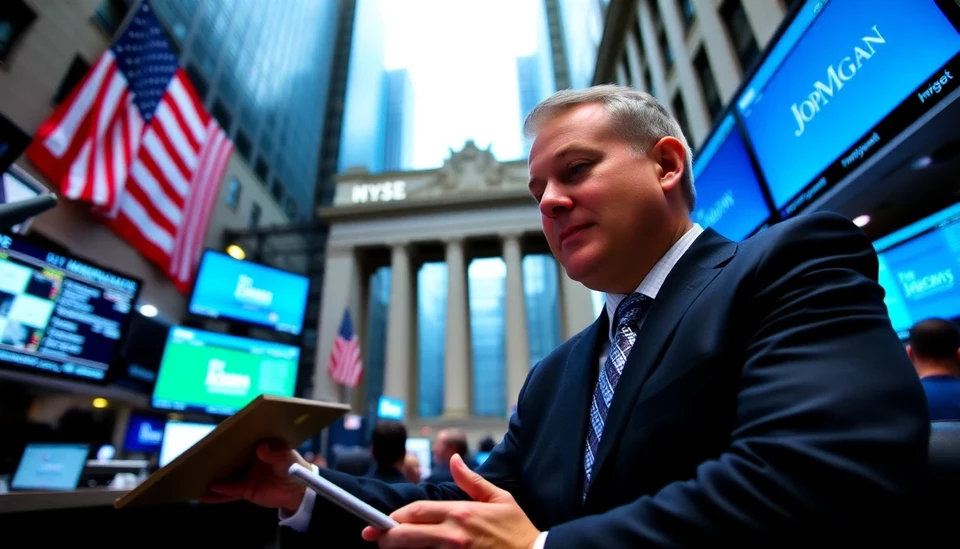
In a significant turn of events, the U.K. has launched an investigation prompted by JPMorgan Chase concerning the alleged ties between former CEO Jes Staley and the late financier Jeffrey Epstein. This development has raised critical questions not only about Staley's past associations but also about the broader implications for financial institutions navigating relationships with controversial figures.
According to sources close to the matter, JPMorgan had reached out to U.K. authorities, triggering a thorough examination of Staley’s links with Epstein. This move came amidst ongoing scrutiny regarding Epstein's extensive connections within elite circles and Staley's role in managing those relationships during his tenure at JPMorgan.
The investigation aims to clarify the nature of Staley's interactions with Epstein, predominantly during their years of personal acquaintance. Staley had previously acknowledged having met Epstein and maintained that he had no knowledge of Epstein's illicit activities. However, the revelations about Staley's communications and financial dealings with Epstein have raised eyebrows and further complicate his legacy in the financial world.
As the inquiry unfolds, more details have emerged surrounding the nature of Staley's ties with Epstein. Reports indicate that Staley's personal connections with Epstein spanned many years and included multiple interactions that began when he was the head of JPMorgan's private banking division. Questions are now surfacing regarding how much JPMorgan knew about these interactions and whether proper protocols were followed concerning business affiliations.
This scrutiny aligns with JPMorgan’s broader strategy to distance itself from the Epstein scandal, especially after the bank was previously criticized for its business dealings with Epstein, who was embroiled in serious criminal allegations prior to his death in 2019. The organization has come under fire for its past associations and the implications these connections may have for its corporate governance practices.
In light of this investigation, Staley’s current position, as the head of another financial institution, hangs in the balance. The outcome of this inquiry could have significant ramifications, potentially influencing regulatory approaches regarding both public figures and financial institutions in the wake of controversial relationships.
Public sentiment is also a key factor in this narrative, as there is a growing demand for greater accountability from corporate leaders, especially those entwined in scandals related to illicit activities. The investigation not only seeks to uncover facts but also serves as a critical reminder of the responsibilities that come with public trust and leadership in finance.
As authorities continue to sift through the evidence and raise questions, the investigation into Staley’s links to Epstein marks an essential chapter in understanding the intertwining worlds of finance, influence, and accountability. The outcome may redefine the standards of conduct expected from executives in the financial sector as regulators seek to prevent any future misconduct in the industry.
The implications of this case extend beyond Staley and reflect on JPMorgan’s internal policies and adherence to ethical standards, ultimately challenging the integrity of the broader financial services landscape.
#JPMorgan #Epstein #JesStaley #FinancialEthics #CorporateGovernance #UKInvestigation #FinanceNews #Accountability
Author: John Harris




